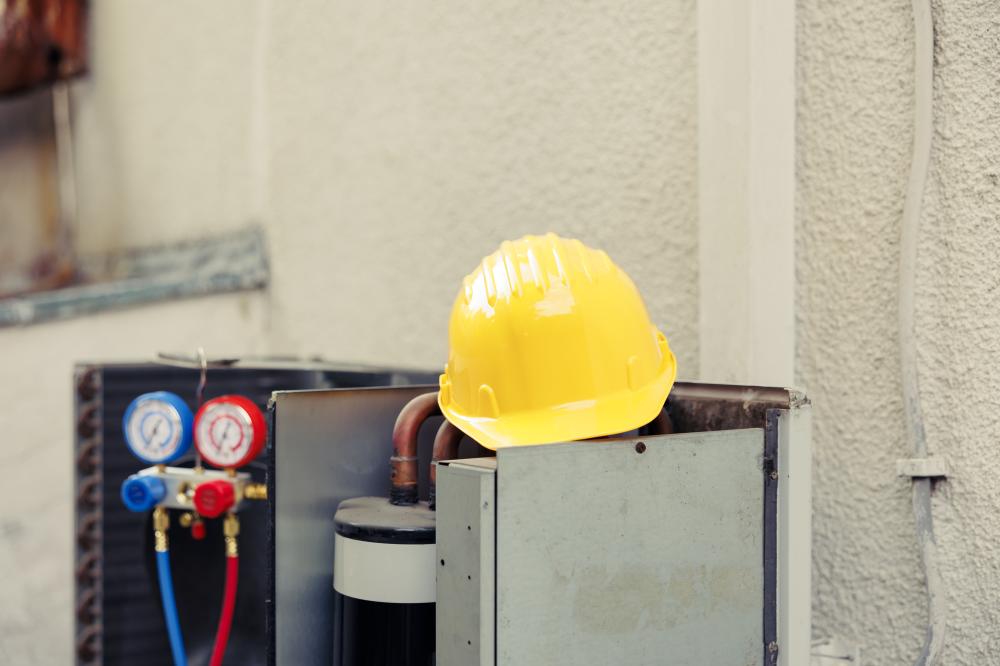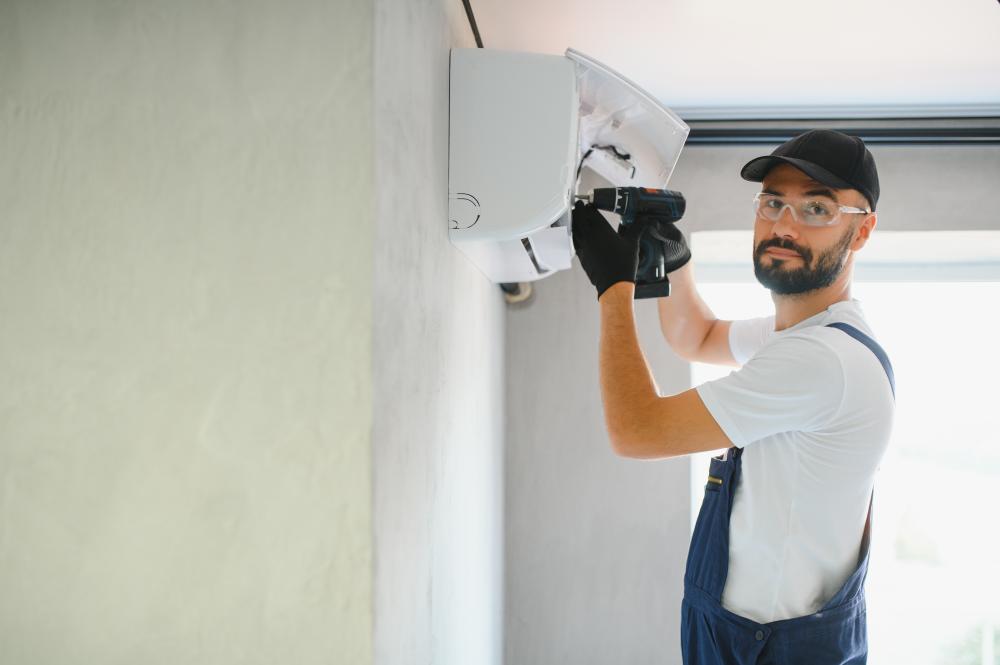
The Importance of Regular HVAC Maintenance
Recognizing the Signs You Need Repair
What Qualifies as an HVAC Repair Service Emergency?
Choosing the Right HVAC Repair Service
- Look for certifications and licenses.
- Check reviews and ratings from previous customers.
- Inquire about experience levels and specialties.
- Assess their customer service and availability.
- Verify their pricing transparency and guarantees.
Essential Steps in HVAC Repair Service
- Initial Assessment: Technicians perform a thorough evaluation to diagnose issues precisely, not unlike a doctor checking vitals before treatment.
- Quotation: Once the problem is identified, you receive a clear, detailed estimate.
- Approval and Repair: With your consent, the required repairs are undertaken, using high-quality parts and industry-standard practices.
- Quality Check: Post-repair, we run comprehensive tests to ensure everything functions seamlessly.
- Feedback: Your input matters as it helps us improve and tailor our services to your needs.
The UpObi Difference in HVAC Repair Service

How much does HVAC repair cost?
When it comes to the cost of HVAC repair, it’s a bit like asking how much a car repair might cost– it really depends on the problem. Minor repairs, such as replacing a thermostat or a filter, might set you back between $100 and $300. More substantial issues, like repairing a refrigerant leak or replacing a compressor, can range from $500 to $2000 or more. At UpObi, we understand that no one likes unexpected expenses, which is why we offer transparent pricing and detailed quotes before any work begins. Think of it as setting expectations with a clear understanding so there are no surprises.
What is the $5000 AC rule?
The $5000 rule is a handy guideline for deciding whether to repair or replace your air conditioning unit. You multiply the age of your AC unit by the estimated repair cost. If the result is $5000 or more, replacement might be the wiser choice. For instance, if your unit is 10 years old and repairs are estimated at $600, you’d calculate 10 x $600 = $6000, suggesting you might be better off replacing it. At UpObi, we often find that newer units equipped with energy-efficient technology save our clients money in the long run, not just on repairs but also on your energy bills.
What are the most common HVAC repairs?
Common HVAC repairs include fixing refrigerant leaks, replacing worn-out or faulty capacitors, blower motor malfunctions, and addressing thermostat failures. It’s akin to the regular ailments your car might suffer, such as tire punctures or oil leaks. At UpObi, our technicians are well-versed in these repairs, thanks to years of experience in the field. Addressing these common issues promptly can prevent larger problems down the road, much like stopping to patch a tire before a full-blown blowout.
Who should I call if my AC is not working?
If your AC isn’t working, it’s crucial to call a reliable and experienced repair service like UpObi. Imagine coming home to a stifling hot house after a long day–acting quickly can make all the difference in returning comfort to your home. Our service not only offers skilled technicians but also an integrated support system, ensuring help is just a call or click away. Whether it’s an emergency repair or just a routine check-up, we prioritize quick response and effective solutions.
What sets UpObi apart from other HVAC service providers?
UpObi distinguishes itself through a commitment to holistic customer care, from initial consultation to post-repair follow-ups. Picture us not just as a service provider but as your HVAC partner. Our integrated approach ensures seamless service delivery, in-depth engagement with your needs, and a retention rate over 80%. We emphasize transparency and client education because informed decisions lead to better outcomes. Have you ever worked with a provider that makes you feel heard and valued? That’s the UpObi difference.
Why is regular HVAC maintenance important?
Regular HVAC maintenance is akin to regular dental check-ups–it prevents problems before they develop. By scheduling routine maintenance, you can potentially extend the life of your system by 20-30% and avoid costly emergency repairs. At UpObi, we catch minor issues like clogged filters or worn belts during these checks, thereby saving you both stress and money. Would you rather deal with a minor toothache now or a root canal later?
How does UpObi use advanced diagnostics in HVAC repair?
At UpObi, we’ve revolutionized our approach with advanced diagnostics, training our technicians to spot issues before they become major problems. Consider it a bit like using an MRI to catch a health issue before it becomes life-threatening. For example, early detection of a refrigerant leak prevented one of our clients from facing a sweltering home and a hefty bill. Our advanced diagnostics ensure proactive care, leading to fewer surprises, lower costs, and a comfortable environment year-round.
Resources
- Department of Energy – The Department of Energy provides valuable information on energy efficiency and sustainable practices for HVAC systems.
- Environmental Protection Agency (EPA) – The EPA offers guidance on indoor air quality, including tips on maintaining a healthy HVAC system.
- ASHRAE – ASHRAE is a global society advancing human well-being through sustainable technology for the built environment.
- Office of Energy Efficiency & Renewable Energy – This office focuses on researching and promoting energy efficiency and renewable energy technologies.